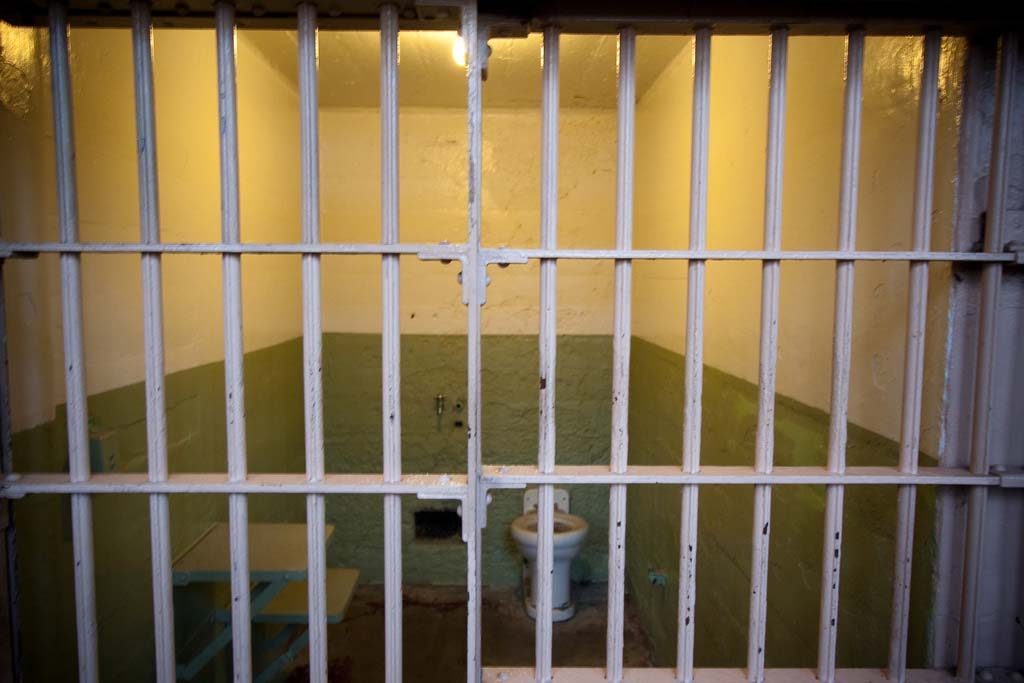
Updated on July 7 with details of Indian prisoner pardons
Qatar’s Emir, Sheikh Tamim Bin Hamad Al Thani, has pardoned a number of prisoners today as part of an annual Ramadan tradition across the Gulf.
While official figures have yet to be released, many of the pardoned prisoners typically hail from manpower-rich countries like India, Nepal, Pakistan, Bangladesh and the Philippines.

The Emir usually pardons inmates twice a year – during Ramadan, and on National Day.
According to officials of various embassies here, those who are granted clemency have often already served a large portion of their sentences, and the act of pardoning them is seen as a way of extending goodwill to Qatar’s expat population.
At least seven Indian prisoners were among those pardoned by the Emir, Gulf Times reported. An unnamed senior Indian Embassy official told the paper the men were serving short sentences, and at least some had been serving up to three years for cases including theft.
Speaking to Doha News today, RK Singh, the deputy chief of commissions at the Indian embassy, said that missions are usually given more information about the freed prisoners some one to two weeks after the official pardons have been handed out.
“We give in a list of names to the Emir…mostly people who have only a few months of their sentence left – some three to five months – but we’re only notified about it in a few weeks’ time, closer to Eid,” he said.
According to a 2013 article in the Peninsula, the Indian embassy is not allowed to recommend pardons for prisoners who hadn’t already served at least half of their jail terms.
As of February 2015, the Indian embassy said some 96 of its nationals were in the Central Prison, and 100 were in the deportation center.
According to DNA India, this is relatively low compared to the Indian incarceration rate in Saudi Arabia (1,534), the UAE (833) and Kuwait (290).
Past pardons
Last year, at least 74 prisoners – 14 Indians, 19 Nepalis and 41 Sri Lankans – convicted of fraud, using or possessing narcotics and sexual abuse, among other things – were pardoned during Ramadan.
While officials at the Nepali embassy had previously hoped that half of their nationals in jail would be released, almost 60 still remained behind bars after National Day.
And in 2013, Sheikh Tamim pardoned at least 36 54 prisoners during Ramadan, including 18 Filipinos, 17 Indians, 14 Nepalis and five Pakistanis.

Crimes included immorality, theft, possession of methamphetamine, fraud and unpaid loans. The Gulf Times also reported that nine Filipinas were pardoned during the 2013 National Day.
Last year, embassies reported long processing times before prisoners who were granted clemency could actually leave the country.
Speaking to Doha News during Ramadan at the time, representatives from the Nepali and Sri Lankan embassies confirmed that pardoned compatriots were still at the deportation center awaiting repatriation.
“Right now, all of those released are still in Qatar. They have been left at the deportation camp, waiting. No one has left yet, and I am sure it’s the same situation for everyone who was released at Ramadan,” said an official from the Sri Lankan embassy.
Thoughts?







